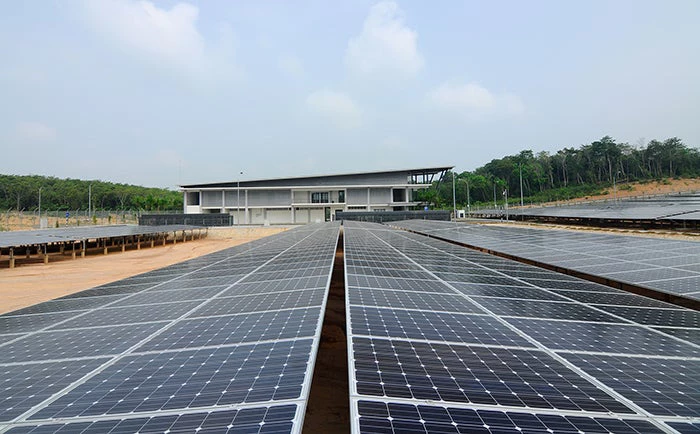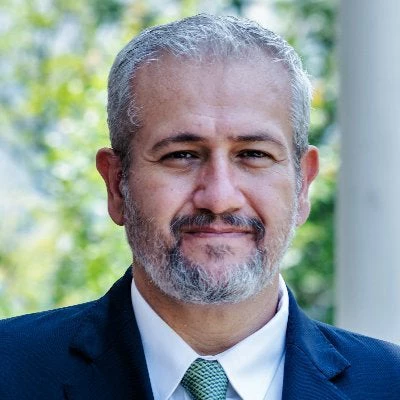
Photo: Aisyaqilumar/bigstock
World Bank green bonds help raise awareness among investors and the financial community about how developing countries can take action on climate change. We are advising governments on the development of green bond markets based on our own experience of issuing green bonds and the knowledge we have due to our position as a market leader in this space.
Last year, the World Bank Group Global Knowledge and Research Hub joined a Technical Working Group with Bank Negara Malaysia and the Securities Commission supporting the Malaysia Green Finance Program, leveraging from our experience and expertise in green financing. The program aims to encourage investments in green or sustainable projects through the development of green Islamic finance markets initially in Malaysia, and subsequently, in the ASEAN region.
Today, the program has supported the launch of the first green sukuk in the world on June 27, 2017. The sukuk is a green Islamic bond where the proceeds are used to fund a specific environmentally sustainable infrastructure project, such as the construction of renewable energy generation facility.
Green sukuk have the potential to further broaden this market as well as to help bridge the gap between the conventional and Islamic financial worlds. The sukuk should be attractive to conventional investors if they offer reasonable risk-adjusted returns and are properly marketed. A sukuk that meets those criteria and provides funding for an environmentally sustainable project could be particularly attractive to environment-focused investors for two principal reasons.
First, sukuk provide investors with a high degree of certainty that their money will be used for a specific purpose. In order to comply with the underlying Shari’ah principles, the funds raised through the issue of a sukuk must be applied to investment in identifiable assets or ventures. Therefore, if a sukuk is structured to provide funds for a specified infrastructure project, such as a renewable energy project, there is little chance the investors’ money will be diverted and used for another purpose.
Second, many more environment-focused investment products exist on the equity side of the capital markets than on the fixed income side. Since most environmentally sustainable investors want to know precisely how their money will be used, bonds that are general obligations of an issuer have limited appeal unless all of the activities of the issuer meet the investor’s environmental standards. Sukuk, which are most similar to a conventional fixed income security, could help fill the fixed income supply gap for environmental investors to the extent the proceeds of a sukuk are earmarked for a particular environmentally beneficial purpose.
The Global Knowledge and Research Hub has been partnering with public and private institutions in Malaysia and elsewhere to develop modern and integrated financial services and markets. It is through this partnership that the new green Islamic finance initiative has been spearheaded, and will contribute a new and innovative financial product that can be used throughout the world.


Join the Conversation